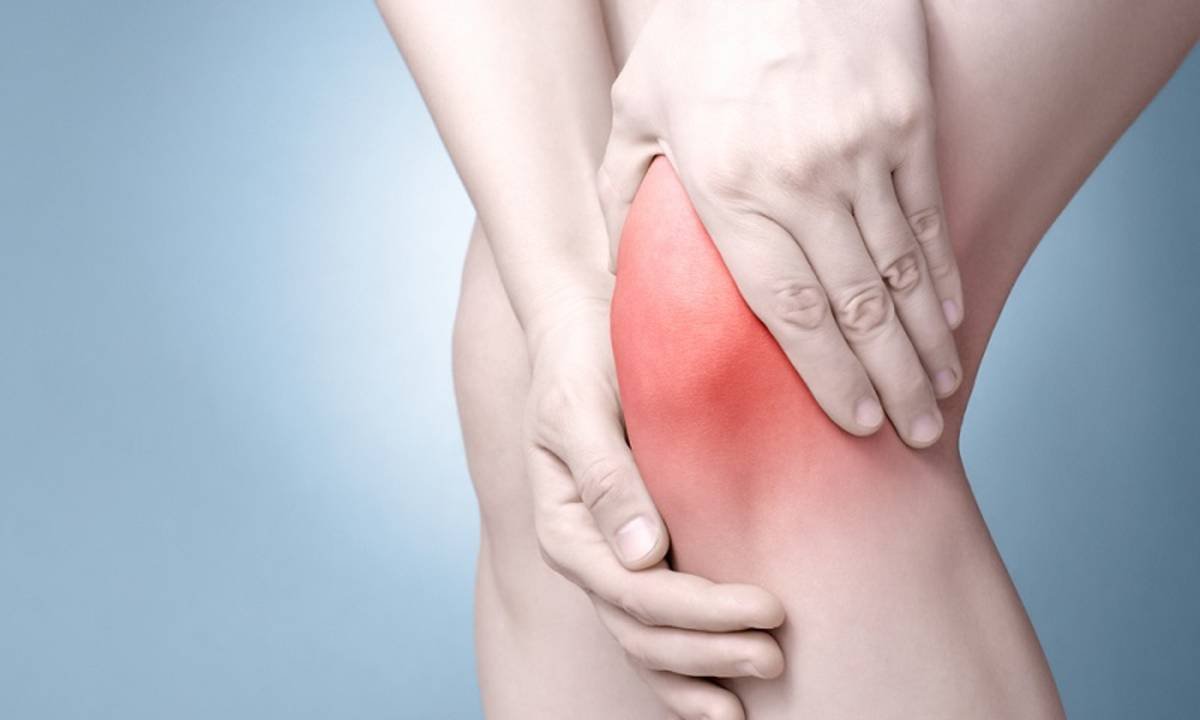Hemorrhoid Artery Embolization (HAE)
Geniculate Artery Embolization (GAE)
GAE for Knee Pain
Genicular Artery Embolization (GAE) is an innovative, minimally invasive procedure designed to alleviate pain caused by knee osteoarthritis (OA). OA is a degenerative joint disease that often leads to significant discomfort and mobility issues due to the knee’s wear and tear of cartilage. GAE targets the arteries supplying blood to the inflamed areas of the knee, reducing the blood flow and thereby decreasing inflammation and pain. Performed by an interventional radiologist, GAE involves guiding a catheter to the genicular arteries using advanced imaging techniques and injecting tiny particles to block the blood flow selectively.
Dr. Bhatia is led an FDA approved Investigational Device Exemption (IDE) study for investigating the effects of GAE. This study is currently at the cutting edge of knee treatments in the US.

Minimally Invasive
Performed through a small puncture near the groin or knee, avoiding large incisions and extensive recovery times associated with traditional knee surgeries.
Lower Risk of Complications
Minimally invasive nature reduces the risks of infections, prolonged bleeding, and complications compared to surgery.
No General Anesthesia Required
Performed under local anesthesia, making it suitable for patients who cannot undergo surgery due to other medical conditions.
Same-day discharge
Due to the minimally invasive nature of the procedure, most patients can go home on the same day as the procedure.
Minimal Pain
Most patients experience far lower pain levels after the procedure compared to traditional surgery; reducing the need of opioids and other sedating pain medications.
Rapid Recovery
Patients typically return to normal activities within a few days.
Effective Pain Relief
Many patients experience significant pain relief and improved knee function within weeks of the procedure.
Fewer Side Effects
Common post-procedure symptoms like mild pain or bruising at the puncture site usually resolve quickly.
Improved Quality of Life
GAE is highly effective in reducing knee pain and improving mobility for patients with osteoarthritis, making it a compelling alternative to surgery.
Your Choice?
Is GAE the Right Option for You?
Consultation with an interventional radiologist
A thorough evaluation is necessary to determine your suitability for GAE, including medical history review and imaging studies.
Consideration of Osteoarthritis Severity
The radiologist will assess the anatomy and severity of your osteoarthritis to determine if GAE is the best option. GAE has been shown to be effective for moderate to severe OA
Collaborative Decision-Making
The decision to undergo GAE should be made together with your healthcare provider, considering your health goals and lifestyle preferences.
Minimally Invasive Alternative
If you're seeking an effective, less invasive solution for knee osteoarthritis, GAE may be the right choice.
Dr. Bhatia's Career
Dr. Bhatia’s Contributions to GAE
Dr. Bhatia is leading an FDA approved Investigational Device Exemption (IDE) study for investigating the effects of GAE. This study is currently at the cutting edge of knee treatments in the US.
Dr. Bhatia has investigated and published the role of different embolic agents for GAE: https://pubmed.ncbi.nlm.nih.gov/36608360/
Dr. Bhatia has investigated and published the overall safety and efficacy of GAE: https://pubmed.ncbi.nlm.nih.gov/37089623/